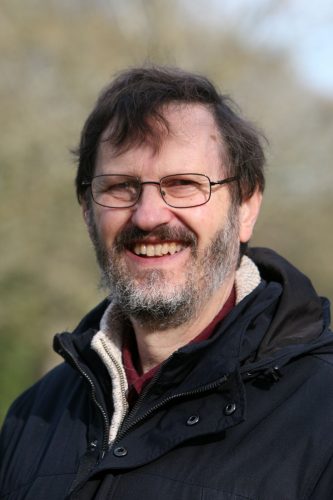
A letter to the Sheffield Star
In reply to Mike Lawton, yes I am a regular reader of the Star. I am pleased he answered my question about how we can create a city that values public transport more than private transport. We are broadly in agreement concerning the measures necessary to do this. We need cheap, reliable, high-quality services that go where people want to go. To do this we need public control and decent funding for our bus, rail and Supertram systems and this urgently needs action from both Mayor Coppard and the Government. For a vision of what our transport system could look like please see GETSHEFFIELDMOVING.ORG.
Mike opposes 20mph zones in residential areas because he thinks they cause more pollution. This is not the primary reason campaigners want 20’s plenty zones. The main reason is to reduce death on our roads. Compared to other similar cities Sheffield has particularly shocking statistics. With 10-12 under 16 casualties a year, Sheffield has a worse record than nearly all the other metropolitan areas. At 20 mph a child hit by a vehicle has a 90 per cent chance of survival, at 30 mph a child hit by a vehicle has only a 50 per cent chance of survival.
Just like we changed the culture of wearing seat belts and smoking in public, we need to make it socially unacceptable to drive faster than 20mph in residential areas. In Sheffield, we have been very slowly rolling out more 20mph zones, but it would be preferable to tackle this on a city-wide basis. Mike is right that boy racers (and they are usually males) are a particular problem and these need to be tackled by the police. Some of our Councillors have been out with the police to see how they go about this. Those who are caught should be made to make reparations to the community they have endangered.
The science on whether driving at 20mph or 30 mph leads to more pollution depends on how people drive. Studies that find that 30mph is less polluting are due to the aggressive driving of some people in 20mph zones who brake heavily at speed bumps rather than just maintaining a steady but safe speed. What is very clear is that if you drive carefully, anticipating hazards well in advance so you avoid sudden braking and aggressive gear changing you can save fuel, money and emissions. This is a triple win, better for safety, better for the environment and better for your pocket! Even greater savings can be made if you walk or cycle!
Research in Germany has shown that the greater the speed of vehicles in built-up areas, the higher the incidence of acceleration, deceleration, and braking, all of which increase air pollution. Traffic calming reduces idle times by 15%, gear changing by 12%, brake use by 14%, and petrol use by 12%.
To me, the Green transport vision makes so much sense. Fewer deaths and casualties from road accidents and asthma, less obesity as more people walk and cycle, cleaner cities, fresher air, public transport so good you don’t need to bother owning a car, streets where kids can play rather than being clogged with parked cars. What is not to like?
Graham Wroe
Sheffield Green Party
